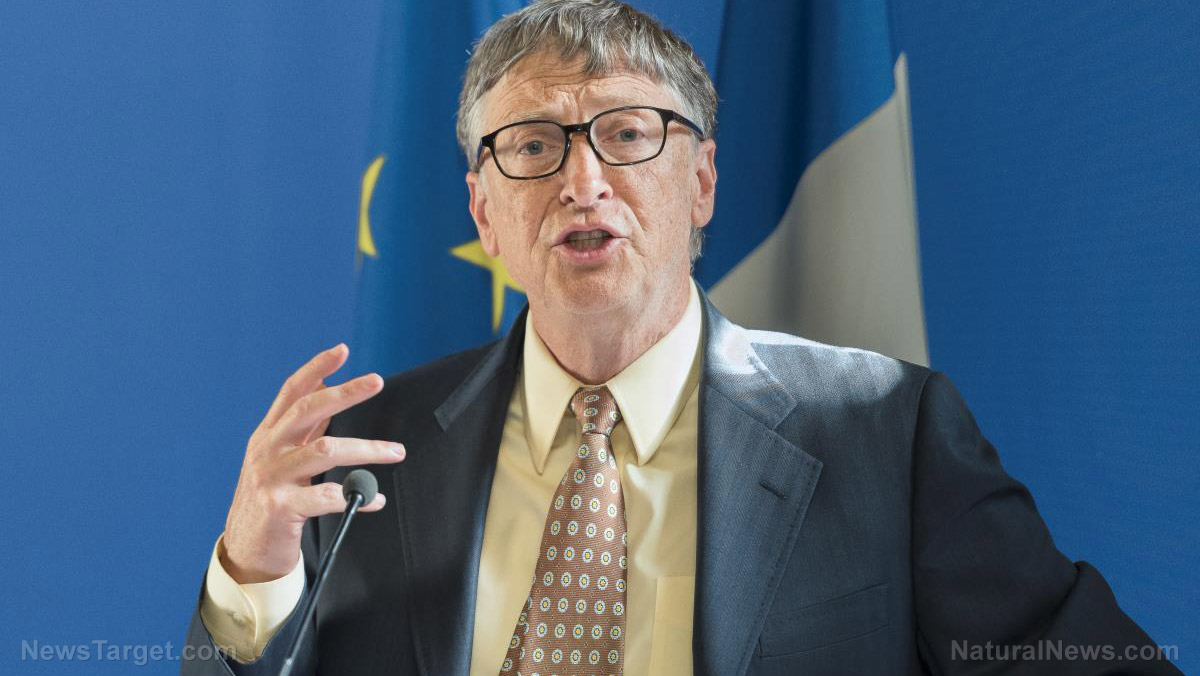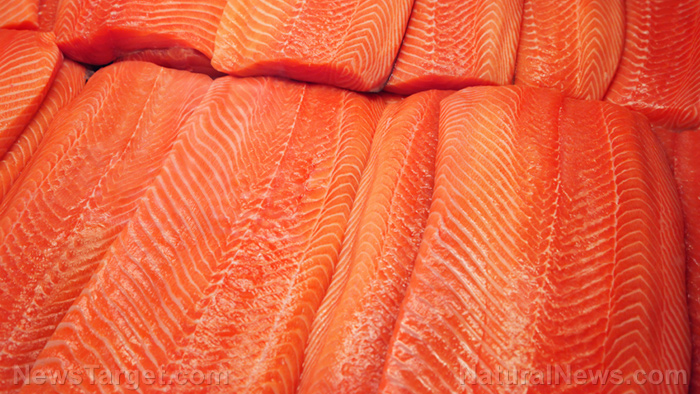 Parler
Parler Gab
Gab
- Impossible Foods’ valuation has plummeted from $7.5 billion in 2021 to just $1.5 billion in 2025, despite massive investments from Gates, Google, and sovereign wealth funds.
- The company is embroiled in costly legal battles, including a trademark war with fitness brand Impossible X and a patent dispute with rival Motif FoodWorks.
- Critics accuse Impossible Foods of using "lawfare" to monopolize the alt-meat industry, stifling competition while failing to deliver profits or consumer trust.
- Consumer rejection of ultra-processed "frankenfoods" is accelerating, with Beyond Meat’s stock collapse signaling a broader industry downturn.
- Despite FDA and U.N. backing, Impossible’s push for a $10 billion IPO faces skepticism as lawsuits and market fatigue expose its unsustainable model.
The legal quagmire: Bullying small businesses while investors flee
Impossible Foods’ aggressive litigation tactics have backfired, alienating both consumers and investors. The company’s frivolous lawsuits against smaller competitors—like its relentless pursuit of Impossible X—have exposed its willingness to weaponize intellectual property law to stifle competition. Legal analysts warn that such predatory behavior could trigger antitrust scrutiny, especially as Impossible Foods consolidates power through acquisitions like Motif FoodWorks. Investors are taking notice, with venture capital firms quietly distancing themselves from Impossible Foods amid growing concerns over its unsustainable legal spending. The company’s reliance on courtroom intimidation rather than product innovation has eroded trust, with critics accusing it of prioritizing market dominance over ethical business practices. Even Silicon Valley insiders, typically sympathetic to tech-driven disruption, are questioning whether Impossible Foods’ legal strategy is a sign of desperation rather than strength. Public backlash has intensified, with social media users mocking Impossible Foods for targeting a fitness brand while ignoring actual trademark infringers in Asia. The company’s reputation as a "corporate bully" is now cemented, making it harder to attract top talent and partners. As lawsuits drain its coffers and investor confidence wanes, Impossible Foods may soon find itself isolated in an industry it once sought to dominate.The alt-meat bubble bursts: Consumers reject synthetic food
The fake meat industry’s decline is accelerating as consumers wake up to the health risks of lab-grown ingredients. Studies linking synthetic heme to digestive issues and allergies have fueled skepticism, while reports of factory contamination at Beyond Meat facilities have further damaged the sector’s credibility. Even former alt-meat evangelists are now admitting that these products are more about corporate profits than sustainable nutrition. Bill Gates’ repeated calls to replace beef with patented fake meat have backfired, sparking outrage among farmers and food freedom advocates. His investments in Impossible Foods and other synthetic protein ventures have been framed as part of a broader agenda to control the global food supply—a revelation that has turned many consumers against the industry. Sales data shows a sharp drop in demand, with retailers like Whole Foods scaling back shelf space for plant-based products. The financial collapse of Beyond Meat—once valued at over $10 billion—serves as a cautionary tale for Impossible Foods. As stock prices plummet and layoffs mount, it’s clear that the alt-meat bubble was built on hype, not substance. Analysts predict a wave of bankruptcies as venture capital dries up and consumers return to real, unprocessed foods.The future: Back to real food
The failure of Impossible Foods signals a broader cultural shift away from synthetic, corporate-controlled food. Farmers’ markets, regenerative agriculture, and traditional butcher shops are experiencing a resurgence as people reject ultra-processed imitations. Even fast-food chains, once eager to partner with fake meat brands, are quietly reintroducing real beef options in response to customer demand. Impossible Foods’ dwindling valuation and mounting legal bills suggest its days as an industry leader are numbered. The company’s once-ambitious plans for a blockbuster IPO now seem laughable, with analysts speculating about a fire sale of its patents and labs. Meanwhile, small-scale ranchers and organic producers are thriving, proving that consumers prefer transparency over Silicon Valley’s techno-food experiments. The lesson is clear: Food sovereignty matters. As the alt-meat industry crumbles, the future belongs to those who respect nature—not those who seek to replace it with patented chemicals. The backlash against Impossible Foods is just the beginning of a larger movement reclaiming real, nourishing food from corporate monopolies. Sources include: Zerohedge.com PMInsights.com Reuters.comRadiological false flag feared in Los Angeles as riots escalate – could trigger mass evacuation
By Finn Heartley // Share
Trump backs Israel's war on Iran, risking global conflict as WWIII looms
By finnheartley // Share
Turbo cancers in children surge post-covid vaccines, experts warn
By finnheartley // Share
From Qana to Gaza: Israel's kinetic attacks leave trail of civilian carnage
By ramontomeydw // Share










